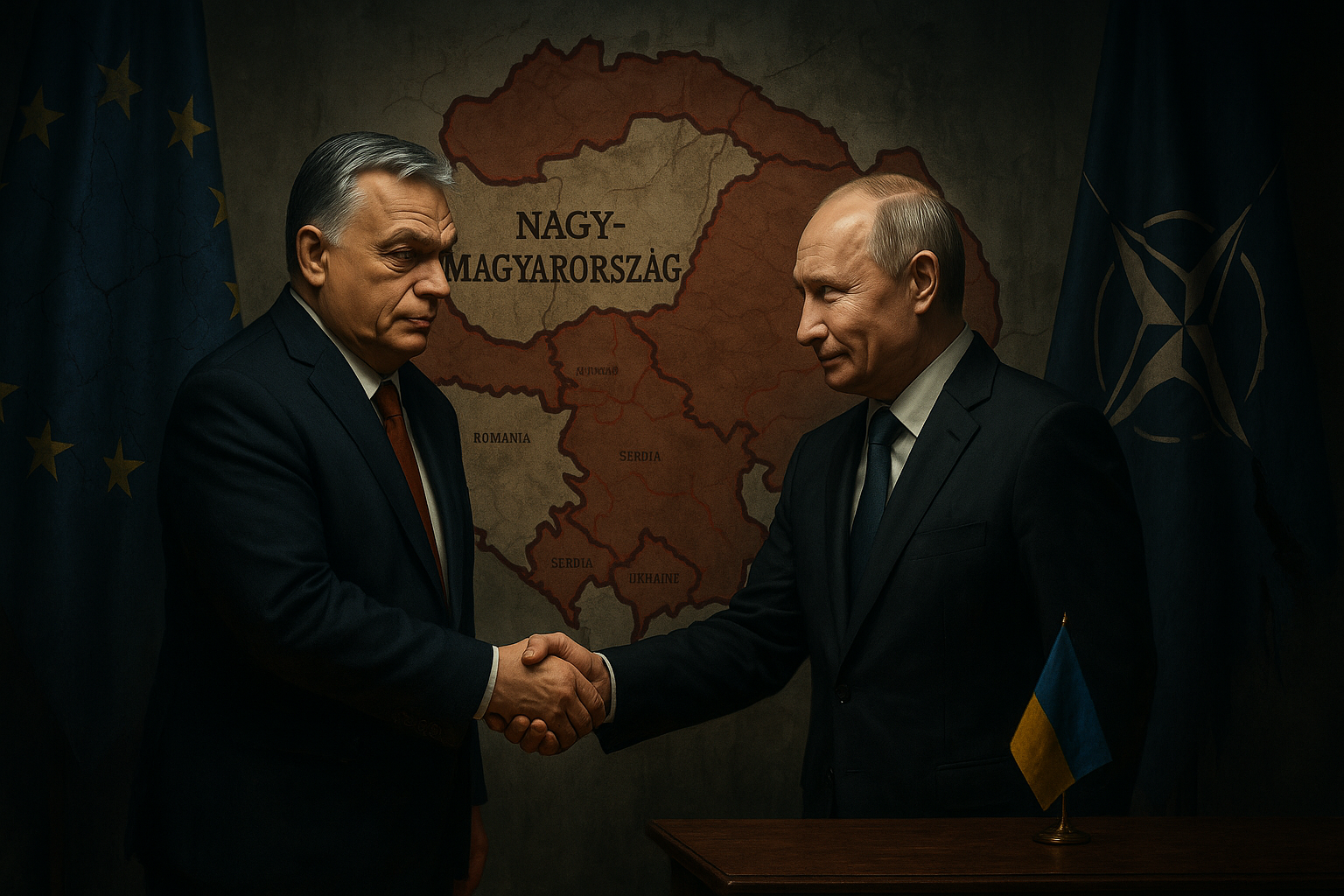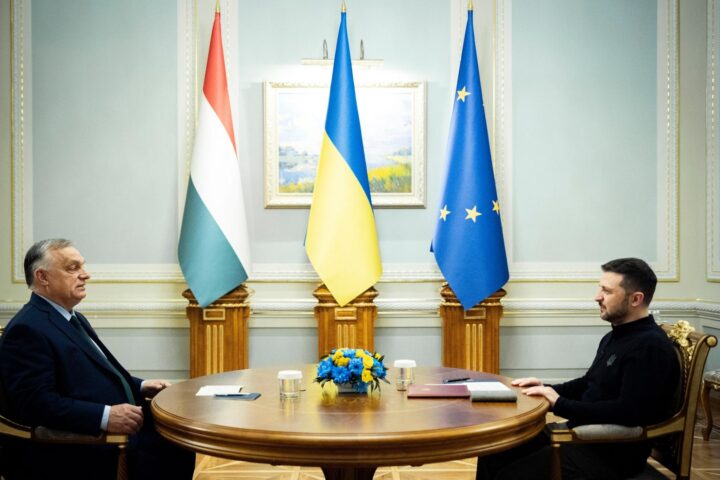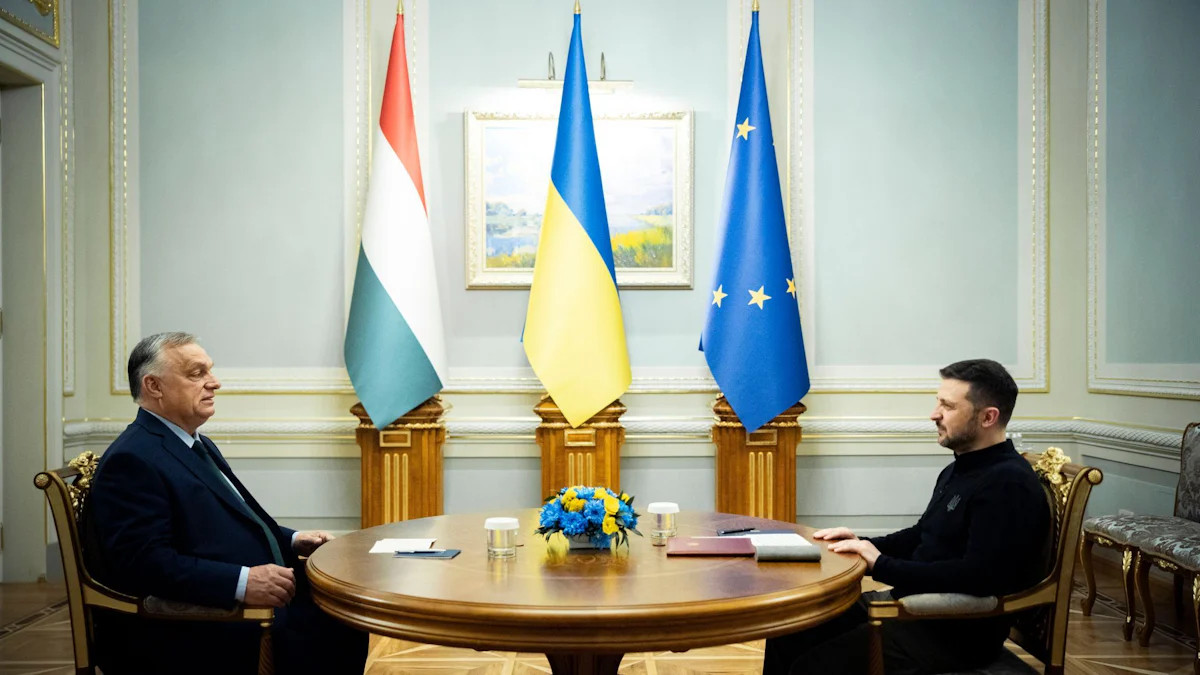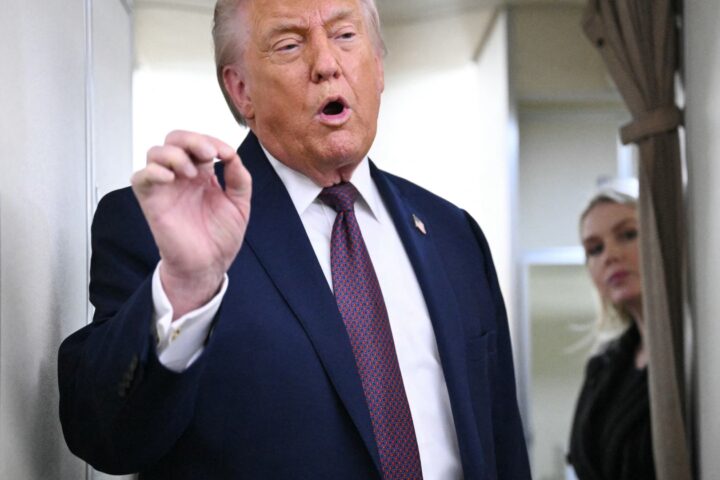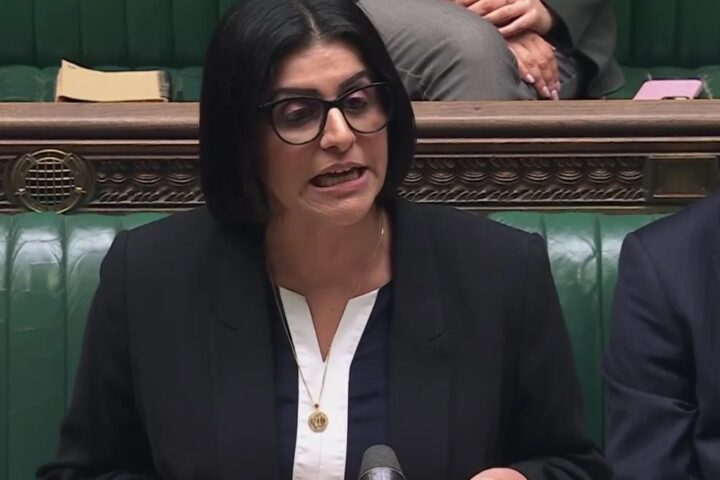As Hungary’s Prime Minister Viktor Orbán tightens his grip on power, his controversial alignment with Vladimir Putin and manoeuvring over Ukraine’s Zakarpattia region raise serious alarms across Europe. Once seen as a disruptive voice within the EU and NATO, Orbán now increasingly resembles a willing enabler of Kremlin ambitions—threatening both European unity and regional security.
Hungary’s National Myth and Orbán’s Political Calculus
Walk through the streets of Budapest and you’ll spot maps of “Greater Hungary”, showcasing lost territories once part of the Austro-Hungarian Empire. These maps, romantic relics for some, are political tools for Orbán. Rather than lifting Hungary’s economic fortunes like neighbouring states, Orbán has tapped into historical grievances and nationalist nostalgia to consolidate domestic support.
The Treaty of Trianon, which redrew Hungary’s borders after WWI, has become central to Orbán’s populist narrative. By invoking a sense of historic injustice, he’s turned revanchism into statecraft—leveraging ethnic Hungarian minoritiesacross Slovakia, Romania, Serbia, and especially Ukraine’s Zakarpattia region, to assert influence beyond Hungary’s borders.
The Alleged 2022 Deal: Zakarpattia for Loyalty
According to Russian opposition sources, Orbán allegedly struck a covert deal with Putin in 2022: support for Moscow’s foreign policy in exchange for a stake in Ukraine’s Zakarpattia, should Kyiv fall. While this speculative agreement never materialised—Ukraine resisted Russia’s full-scale invasion—Orbán has nevertheless continued to obstruct Ukrainian ambitions in the EU and NATO.
Hungary now routinely blocks initiatives in Brussels tied to Ukraine, wielding veto power to delay aid, training programmes, and accession talks. Often citing “minority rights” or other legal objections, the real agenda appears linked to reviving territorial claims.
Economic Ties and Kremlin Narratives
Despite EU sanctions, Hungarian companies maintain cooperation with Russian firms. In Budapest, pro-Kremlin narratives regularly echo through state-aligned media outlets. This dual allegiance—formally Western but substantively pro-Russian—undermines Europe’s unified front against aggression.
The result? Hungary has become a geopolitical saboteur inside the EU, providing cover for Putin’s strategic aims while claiming to protect its national interest.
New Tactics: Weaponising Ukraine’s EU Bid
Now that Zakarpattia cannot be “transferred” by a weakened Kremlin, Orbán is using EU enlargement as a tool of pressure. He has linked Hungary’s support for Ukraine’s membership talks to a series of inflated and often dubious demands, including the recognition of Zakarpattia as a “traditionally Hungarian region.”
But the facts don’t support the claim. In Ukraine’s 2001 census, ethnic Hungarians made up just 10% of Zakarpattia’s population, a figure that has since declined as many migrated to the EU on Hungarian passports, granted under a 2011 law. This law enables ethnic Hungarians abroad to obtain citizenship, a move critics say has security implications, especially as Hungarian intelligence operations have targeted diaspora communities.
Subversive Strategy: A Pattern Across Borders
What’s unfolding in Ukraine mirrors Budapest’s tactics elsewhere. In Romania’s Transylvania, Hungary has pushed for ethnic autonomy, stirring tensions and testing EU red lines. These provocations have typically failed—thanks to firm resistance from neighbours and EU mechanisms. However, Zakarpattia presents a more fragile context, especially amid war.
In May 2025, Ukraine’s security services exposed a Hungarian military intelligence network operating covertly in Zakarpattia. Its mission: to assess local sentiment in the event of Hungarian troop intervention—a chilling reminder of Budapest’s deeper intentions.
From European Partner to Authoritarian Ally
Orbán’s alliance with Putin, despite ideological differences, is rooted in a shared objective—retaining power at any cost. It’s no surprise, then, that Hungary’s ruling Fidesz party has introduced legislation mirroring Russia’s “foreign agent” laws, aimed at silencing dissent and dismantling civil society.
This is not just about Hungary sliding further into illiberalism. It’s about a European democracy aligning with autocracy, exploiting its position inside the EU to pursue a personal and nationalist agenda—while democracy in Ukraine, and across the continent, hangs in the balance.
What happens next will have consequences far beyond Budapest. Unless checked, Orbán’s ambitions may reshape not only his country but the entire security architecture of Europe.
